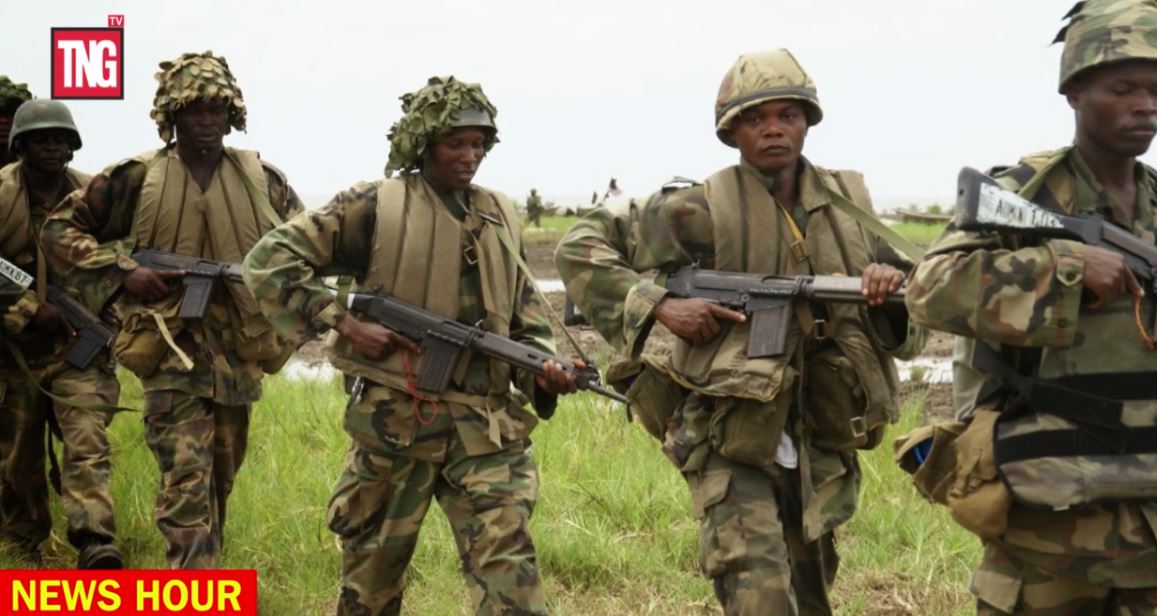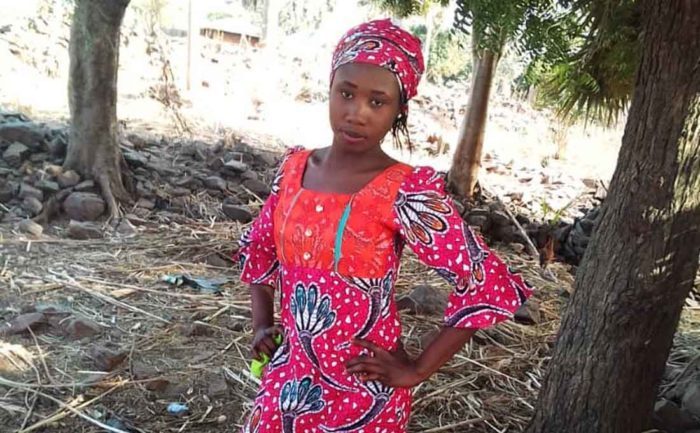The Coalition Against Terrorism and Extremism has faulted the recent report by the United States, which placed Nigeria under a special watch list of countries.
A statement by US Secretary of State, Michael Pompeo, explained that Nigeria was placed on the list for engaging in or tolerating “severe violations of religious freedom.”
However, the Coalition Against Terrorism and Extremism in Nigeria, while reacting, urged the United States of America to go after members of Boko Haram and the Islamic Movement in Nigeria, IMN, that are guilty of extremism in the country.
According to the group, such assertion is insensitive and an affront to the efforts of the relevant authorities in Nigeria towards protecting the rights and privileges of the various religious groups and associations in the country.
Gabriel Onoja, the National Coordinator of the group, in a statement called on the United States to desist from making unsubstantiated statements that are highly misleading to the international community.
The statement reads in full.
As you all may be aware, CATE, as an organization over the years, has continually engaged the relevant stakeholders in Nigeria in ways to ensure that the menace of terrorism and violent extremism are curtailed and within the ambits of the law.
The Coalition Against Terrorism and Extremism also over the years has seen to the protection of the rights and privileges of religious groups in Nigeria by continually engaging in advocacy visits, seminars and conferences that promote the unity of purpose and respect for the sanctity of religious beliefs that fosters unity and religious tolerance in Nigeria.
The Coalition Against Terrorism and Extremism is therefore alarmed by the statement credited to the US Secretary of State, Michael Pompeo, wherein he stated that “Religious freedom conditions in Nigeria trended negatively in 2018. The Nigerian government at the national and state levels continued to tolerate violence and discrimination based on religion or belief, and suppressed the freedom to manifest religion or belief.”
The Coalition Against Terrorism and Extremism views such statements as quite insensitive and an affront to the efforts of the relevant authorities in Nigeria towards protecting the rights and privileges of the various religious groups and associations in the country.
It is also a sad commentary that the United States of America has so decided to either by omission or commission feigns ignorance on the undeniable freedom of practice and association of religious groups in Nigeria.
The citation of the Islamic Movement in Nigeria (IMN) is most despicable in the sense that an organization whose activities has resulted in violence in an attempt to impose its beliefs on others should not be used as an example of a worthy religious organization.
As it is common knowledge, the IMN, over the years in Nigeria through their activities, has brought sorrow and blood to innocent Nigerians in Zaria and other parts of Northern Nigeria. This much was also evident in the attempt on the life of the Chief of Army Staff in Nigeria by the IMN.
The CATE wishes to state that it would have been grossly irresponsible of the relevant authorities in Nigeria should such violent actions be allowed to thrive, which has resulted in untold hardship on innocent Nigerians going about their regular businesses.
It is expected that they should have designated the IMN as a terrorist organization due to its violent tendencies and not accuse the Nigerian government. This is rational and ought to be the case in the interest of objectivity.
This is also on the heels that Nigeria has been under the siege of terrorist groups masquerading under various religious nomenclatures to cause havoc in the polity.
A good example is the Boko Haram terrorist group that has been engaged in a violent campaign since 2009 in North-East Nigeria that has seen to the death and displacement of over 2 million Nigerians.
In the same report, it indeed confirmed that “Boko Haram and the Islamic State of Iraq and Syria-West Africa continued to perpetrate attacks against civilians and the military throughout the years.”
At this point, the Coalition Against Terrorism and Extremism wishes to state that the culprits are the Islamic Movement in Nigeria, and the Boko Haram Terrorist groups are indeed responsible for religious intolerance and extremism in Nigeria.
The Coalition Against Terrorism and Extremism wishes to highlight that the efforts of the relevant authorities in Nigeria towards addressing the menace of religious intolerance and extremism are quite commendable.
This much has been evident in the continuous engagement of relevant stakeholders by the Nigerian government. Consequently, the placement of Nigeria on the Watch List as one of the seven countries with religious intolerance and extremism is highly misleading and not credible.
The United States of Nigeria must do well to call a spade and spade and desist from making unsubstantiated statements that are highly misleading to the international community.


